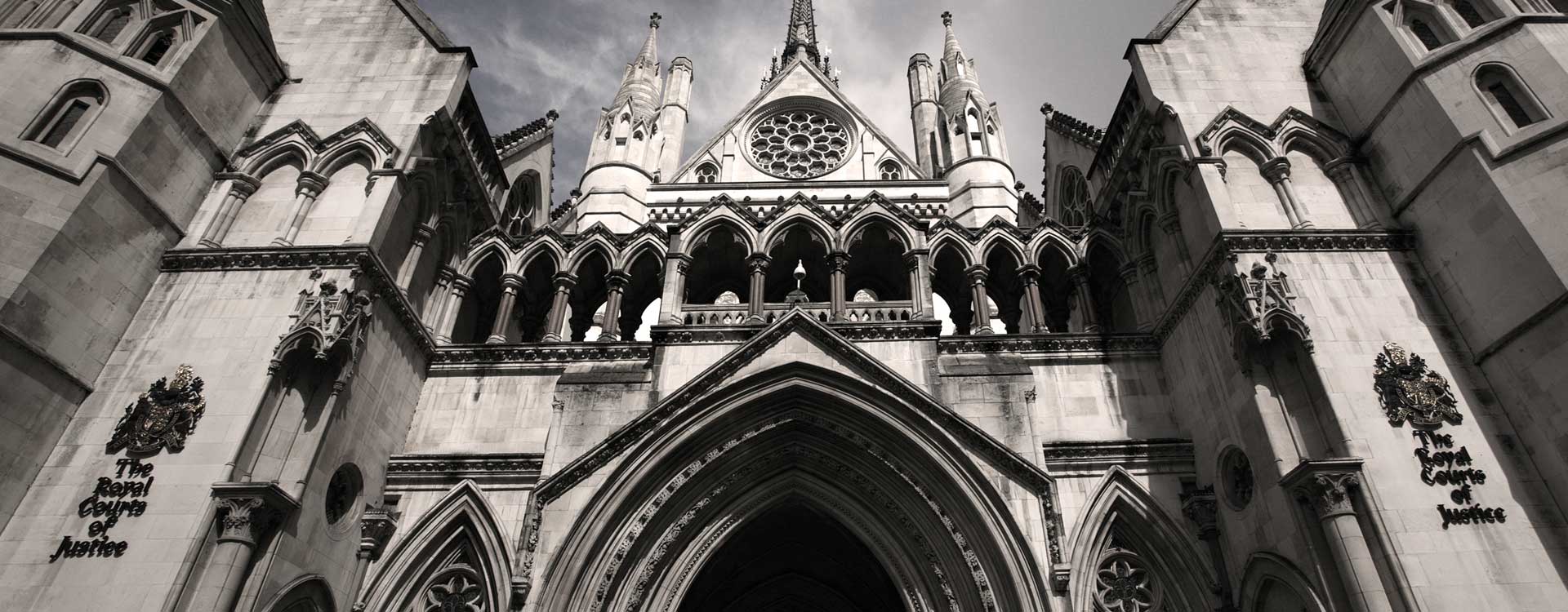Brexit means Brexit – or does it?
The topic of Brexit has polarised the population of the UK but cabinet members have so far presented a united message that “Brexit means Brexit”.
On 3 November 2016 the High Court delivered a judgment of considerable constitutional importance, deciding that the Government does not have the requisite power to invoke Article 50 of the Lisbon Treaty and begin the process of leaving the EU. Whilst this does not necessarily prevent the Government from invoking Article 50, the High Court has decided that it will need to attain Parliamentary authority before it can do so.
The Government has been granted permission to appeal and the appeal will be fast-tracked to be heard by the Supreme Court early next month. The “Remain” camp would therefore do well to delay the celebrations until the handing down of the Supreme Court Judgment.
The decision of the Supreme Court will define the modern boundaries of the UK’s unwritten constitution and the extent to which the UK’s top judges demonstrate any sensitivity to public opinion and political concerns could be hugely influential on future trends in judicial thinking.
Background
The Claimant (a London based investment manager) argued that English law would be expansively altered if the UK was to leave the EU and that it is constitutionally incorrect for English law on this issue to be modified in the absence of an Act of Parliament.
The High Court Judges held that triggering Article 50 would fundamentally alter the rights of UK citizens and that the Government cannot alter or dispense with such rights under English law unless Parliament gives it authority to do so.
The High Court Judges highlighted that this was a question of law and procedure as opposed to a political decision. Fundamentally the High Court did not consider the virtues, or equally the negative implications, which would be attained by leaving the EU.
Constitutional Implications
The decision of the High Court is integrally linked to the core of the UK’s constitution. Following the decision there is no clarity as to whether a bill would need to be passed in Parliament (which will substantially lengthen the process) or whether MPs will simply be required to vote to approve the invoking of Article 50. The latter is likely to be a far quicker method and the vote could well occur before the Prime Minister’s self-imposed deadline to invoke Article 50 by the end of March 2017, which notwithstanding the High Court’s decision she has stated she will be sticking to.
It should be noted that the decision, if upheld, would expose Brexit to further debates within Parliament. It is reported that at least two-thirds of MP’s voted remain, however it remains to be seen whether MP’s will vote according to the public’s mandate or whether they will apply their own judgement. In constituencies where the public voted to remain in the EU, MPs could come under increasing pressure to block the instigation of the Article 50 process.
The decision is likely to have particularly aggravated “Brexiteers”, who will argue that the decision betrays the majority of the people, who voted in favour in the Referendum.







